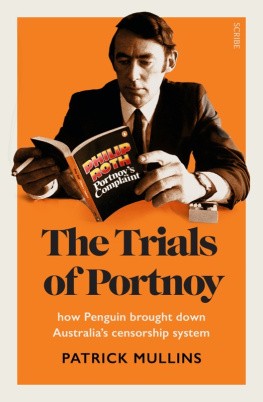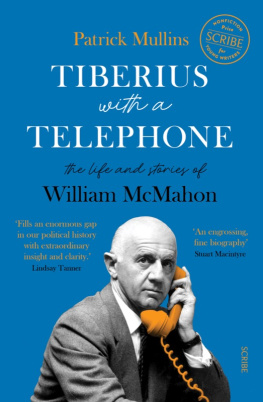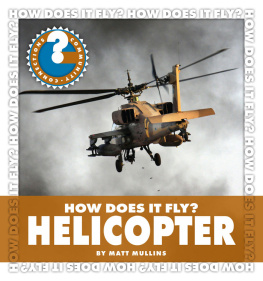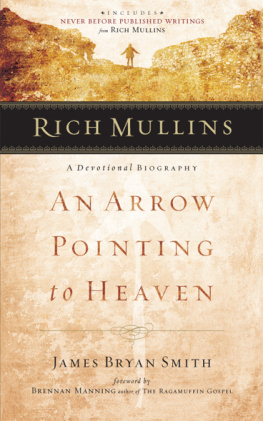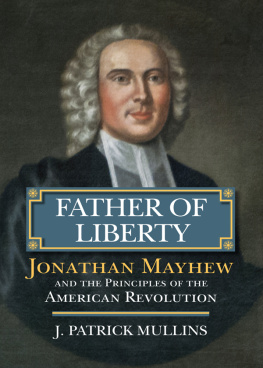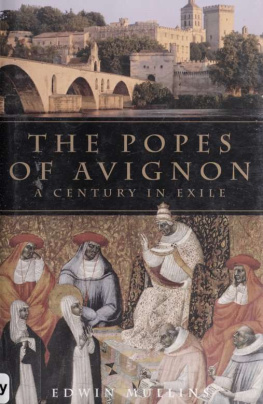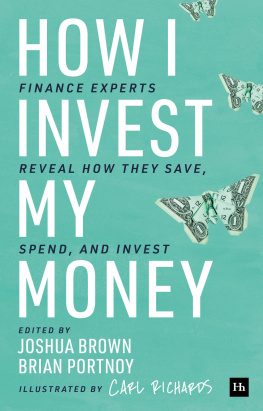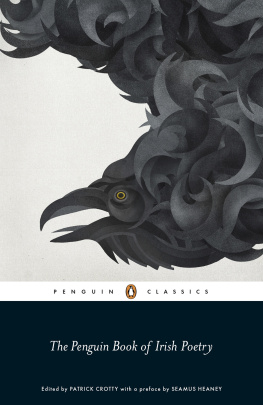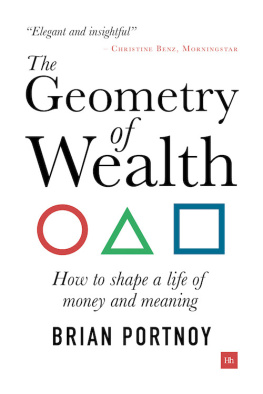Patrick Mullins - The Trials of Portnoy: How Penguin brought down Australias censorship system
Here you can read online Patrick Mullins - The Trials of Portnoy: How Penguin brought down Australias censorship system full text of the book (entire story) in english for free. Download pdf and epub, get meaning, cover and reviews about this ebook. year: 2020, publisher: Scribe Publications Pty Ltd, genre: Art. Description of the work, (preface) as well as reviews are available. Best literature library LitArk.com created for fans of good reading and offers a wide selection of genres:
Romance novel
Science fiction
Adventure
Detective
Science
History
Home and family
Prose
Art
Politics
Computer
Non-fiction
Religion
Business
Children
Humor
Choose a favorite category and find really read worthwhile books. Enjoy immersion in the world of imagination, feel the emotions of the characters or learn something new for yourself, make an fascinating discovery.
- Book:The Trials of Portnoy: How Penguin brought down Australias censorship system
- Author:
- Publisher:Scribe Publications Pty Ltd
- Genre:
- Year:2020
- Rating:5 / 5
- Favourites:Add to favourites
- Your mark:
- 100
- 1
- 2
- 3
- 4
- 5
The Trials of Portnoy: How Penguin brought down Australias censorship system: summary, description and annotation
We offer to read an annotation, description, summary or preface (depends on what the author of the book "The Trials of Portnoy: How Penguin brought down Australias censorship system" wrote himself). If you haven't found the necessary information about the book — write in the comments, we will try to find it.
Patrick Mullins: author's other books
Who wrote The Trials of Portnoy: How Penguin brought down Australias censorship system? Find out the surname, the name of the author of the book and a list of all author's works by series.
The Trials of Portnoy: How Penguin brought down Australias censorship system — read online for free the complete book (whole text) full work
Below is the text of the book, divided by pages. System saving the place of the last page read, allows you to conveniently read the book "The Trials of Portnoy: How Penguin brought down Australias censorship system" online for free, without having to search again every time where you left off. Put a bookmark, and you can go to the page where you finished reading at any time.
Font size:
Interval:
Bookmark:

THE TRIALS OF PORTNOY
Patrick Mullins is a Canberra-based academic and writer. He has a PhD from the University of Canberra, and his first book, Tiberius with a Telephone, a biography of former prime minister William McMahon, was published by Scribe in 2018.
Scribe Publications
1820 Edward St, Brunswick, Victoria 3056, Australia
2 John St, Clerkenwell, London, WC1N 2ES, United Kingdom
3754 Pleasant Ave, Suite 100, Minneapolis, Minnesota 55409, USA
First published by Scribe 2020
Copyright Patrick Mullins 2020
Excerpts from Portnoys Complaint by Philip Roth, copyright 1969, 1997, by Philip Roth. Used by permission of Random House, an imprint and division of Penguin Random House LLC.
All rights reserved. Without limiting the rights under copyright reserved above, no part of this publication may be reproduced, stored in or introduced into a retrieval system, or transmitted, in any form or by any means (electronic, mechanical, photocopying, recording or otherwise) without the prior written permission of the publishers of this book.
9781925849448 (Australian edition)
9781913348175 (UK edition)
9781925938265 (ebook)
Catalogue records for this book are available from the National Library of Australia and the British Library.
scribepublications.com.au
scribepublications.co.uk
scribepublications.com
Contents
Chapter 1
Chapter 2
Chapter 3
Chapter 4
Chapter 5
Chapter 6
Chapter 7
Chapter 8
Chapter 9
Chapter 10
Chapter 11
Chapter 12
Chapter 13
Chapter 14
Chapter 15
Chapter 16
Chapter 17
CHAPTER 1
Wrap and pay
A few minutes before noon on Monday 31 August 1970, two men alighted from a car parked on Castlereagh Street, Sydney, and crossed the road, heading toward the Angus & Robertson bookstore. A cool wind was curling through the city and the street around them was busy: cars and buses stopping and starting on the road, lunching city workers jostling with wandering shoppers on the footpath. But amid this, the two men noticed, was a hubbub of activity. Outside Angus & Robertson, a film crew and television presenter were speaking to people on the street, and those with time were stopping to watch. As the two men approached, they observed an elderly man waving a book and talking into a proffered microphone, attracting favourable murmurs from the gathered crowd.
The two men noted the book the man was waving, but did not stop to listen. They made their way through the throng and entered the bookstore so slightly apart that no one could tell if they were together. Neither entered Angus & Robertson with the look of openness and idleness with which many enter bookstores. Once inside, they did not look around to gather their bearings. They did not browse the shelves, nor approach an attendant for help. Strangers to the store, they knew very well what they were doing.
The older of the two men, Quill, began walking towards the back of the store. His companion, Mitchell, followed two steps behind him. Their destination was the paperback section a vast part of the store that encompassed seven display cases, two swivel shelves, and a wall of books that extended almost to the high ceiling. On any given day there were nearly 1,500 titles on those shelves: a varied and immense library of novels, poetry, short-story collections, works of history, philosophy, science, geography, and biography.
As Quill and Mitchell entered that section, uninterested in the books and undaunted by their number, they took note of the people milling around the shelves and the neat young man who was standing behind a counter, serving customers. There was a long, thin sign above him that read Wrap and Pay, and beside him, helping to package books, was a young woman with long, dark hair. There was a queue circling from behind the counter to the front, and Mitchell, with a nod from Quill, joined it. He made a mental note of those in front of him: a young woman with straight brown hair and no makeup, dressed in a navy-blue uniform and carrying a brown Globite bag; a man in his twenties, bearded, wearing a shabby navy skivvy, jeans, and old brown sandals; a middle-aged woman with grey hair, wearing a yellow coat; and, in front of her and at the head of the queue, three middle-aged men, all in suits and ties and all marks of respectability.
With Mitchell in the queue, Quill positioned himself so that he could see the counter. Both watched what happened there. They saw people exchange money for a book, which was withdrawn from below the counter, slipped into a brown-and-green Angus & Robertsonbranded paper bag, and then handed over. It was the everyday commerce of any bookshop, but Mitchell and Quill watched as if it was the most interesting thing they had ever seen.
One by one, the line advanced. The exchange was repeated. It was quickly done. Each person in the queue was at the counter for barely a minute. As other people joined the queue, Quill and Mitchell continued to observe the transactions. They watched the middle-aged woman ask in a timid voice for a book, then smile nervously when she received it. They watched the shabbily dressed man. They watched the young woman. The two men were especially interested in her: they noted that her purchase bold, unabashed, even a little loud occurred without so much as a batted eyelid.
Finally, Mitchell reached the front of the queue. Quill watched him approach the counter. He saw it almost as an animatronic sequence, of action and reaction and reaction again. He saw Mitchell speak, the man behind the counter nod, the girl reach down and withdraw a book, which she slipped into a brown-and-green bag. She handed it over; the man behind the counter spoke again; Mitchell handed him a $2 note and received change. Then it was over: Mitchell was off, making for the exit.
Quill followed. Outside the store, amid the wind and the people and the noise of the city, Mitchell opened the bag and withdrew the book. He and Quill looked at it. It was a small, unremarkable thing: a paperback with an orange spine and a plain black cover. The publishers colophon was in the top-right corner an ambling penguin, facing to the left. The title of the book was printed in graceful white text; the authors name appeared above it in thick block capitals of yellowing scarlet.
Quill and Mitchell nodded to one another, satisfied, as though they had been doubtful they would receive the real thing.
They did not know it at that time, but by their simple purchase these two men had helped to set in train events that would lead to the collapse of a system that was, for many Australians, a simple and immutable fact of life. The government apparatuses that enforced censorship in Australia would be left tottering when a decision to prosecute those who had published and sold this book provoked a legion of booksellers, publishers, authors, journalists, and academics to rise to its defence. Those coming to this books defence believed that Australians had the right to read whatever they wanted; that censorship was stifling Australian intellectual and cultural life; that closed-minded wowsers were enforcing a system of morals that was hypocritical, outdated, and out of sync with the country that Australia was becoming. Many of these beliefs had been long-held indeed, in the fights between censors and their opponents, these beliefs had regularly incited great passion and fine words.
But in two years time the battles would be virtually over. The censorship system, as it existed, would be all but abolished. And the slim novel that now rested in Mitchells hands would be at the heart of the reason why.
Next pageFont size:
Interval:
Bookmark:
Similar books «The Trials of Portnoy: How Penguin brought down Australias censorship system»
Look at similar books to The Trials of Portnoy: How Penguin brought down Australias censorship system. We have selected literature similar in name and meaning in the hope of providing readers with more options to find new, interesting, not yet read works.
Discussion, reviews of the book The Trials of Portnoy: How Penguin brought down Australias censorship system and just readers' own opinions. Leave your comments, write what you think about the work, its meaning or the main characters. Specify what exactly you liked and what you didn't like, and why you think so.

